
The Boys: Power and corruption
MFC Editorial
Since the beginning of storytelling as an artistic expression, the heroes have been figures whose primary interest is to ensure the justice and welfare of the society. Characters like Hercules or Beowulf are classic figures that translate into contemporary narrative as superheroes, individuals with special powers with which they conquer great deeds, serving the common good and earning the love and respect of the people.
In an attempt to make superheroes down to earth, Amazon Prime Video brings The Boys (2019), based on the comic of the same name created by Garth Ennis. The series presents a society where superheroes are treated as celebrities and fight for justice in different cities around the United States.
The group formed by Starlight (Erin Moriarty), Queen Maeve (Dominique McElligott), A-Train (Jessie T. Usher), The Deep (Chace Crawford), Black Noir (Nathan Mitchell), Translucent (Alex Hassell) and Homelander (Antony Starr) are heroes known as The Seven, backed by an important corporation called Vought. As a result of the injustices committed by these heroes and the corruption hidden behind its facade of benefactors, The Boys appears as a group of individuals whose goal is the destruction of superheroes.
The Boys is formed by Mother’s Milk (Laz Alonso), Frenchie (Tomer Kapon) and Hughie (Jack Quaid) under the leadership of Billy Butcher, memorably performed by the actor Karl Urban. The series offers a story of mystery and action through which they explore contemporary topics, almost nonexistent in the common superhero movies, and in MFC Editorial we take a moment to discuss them.
Learn more about new superhero series here
Satire

Currently, the genre of superhero movies has achieved such a great success that it has become one of the most important niches in the market. The most popular stories of the genre usually treat masked crusaders as morally incorruptible figures, always being the good ones of the stories and making us forget that they are, beside superheroes, people with feelings, ambitions and personal interests.
Franchises like the Marvel Cinematic Universe (MCU) have helped establish the narrative patterns and commonplaces of the superhero genre, creating a general predisposition in the audience towards upcoming films.
Once the bases are set up, it’s only natural that the satire existing in the comics gains a growing presence in the new superhero-filled media. Thus, films such as Watchmen (Zack Snyder, 2009) and Logan (James Mangold, 2017) emerged, where the heroes face a reality that does not turn out to be so colorful, and also other recent proposals with a touch of humor, such as Deadpool (Tim Miller, 2016).
The Boys turns out to be a strange mix of both proposals with their ironic and dark humor, which is the way they face a world where superheroes exist and can do as they please. Brilliantly, the members of The Seven represent a parody of the Justice League, a group that expresses the original form of heroism that has defined many of the characters in the post-Superman genre. The Boys explores issues and situations in which these characters would hardly find themselves in movies aimed at a wider audience.
Super Influencers

Part of MCU‘s popularity is due to the careful selection of its cast, where the face and charisma of the actors play a fundamental role in the identification and empathy that the audience has with the characters.
This becomes evident in the Marvel Studios choice of making Robert Downey Jr. the first Tony Stark in movies for Iron Man (Jon Favreau, 2008). The actor’s personality seemed very similar to the character he played, creating a connection between the fantasy and the reality for over 10 years. At the very inauguration of the MCU, it was announced that Tony Stark was indeed Iron Man and they got rid of the superhero’s secret identity as a fundamental motive of the genre.
In a world where superheroes have become the most important product in the market, it’s not unreasonable to assume the importance that such heroes would have in a society that has every reason to thank them. The Boys takes the influence those superheroes would have as individuals in a society entirely based on their existence to the extreme, making them celebrities and influencers.
Through the Madelyn Stillwell (Elisabeth Shue) character, we appreciate how the Vought corporation has turned heroism into a business. The company is the owner of the team of heroes known as The Seven, whose central figure, Homelander, is the personification of the American patriotism and the moral excellence of the superhero.
More than for doing good, the heroes of The Boys are acclaimed for being celebrities, with huge marketing and advertising teams preparing everything they are going to say, where they will show up and what ideas they will support, turning them into brands exposed to the constant public scorn.
This is how the series explores the influence of the superhero in society, emphasizing the traits of celebrities’ public life and the commercialization of individuals as figures that are often used to promote terrible ideological agendas, even becoming objects of adoration and fanaticism that border on the religious.
Power and corruption

Using the exaltation of the superhero as a messianic figure, The Boys explores the ethical and moral changes that occur in the members of The Seven in front of a world that idolizes them.
These themes have been superficially explored in movies like Man of Steel (Zack Snyder, 2013) and Batman v Superman: Dawn of Justice (Zack Snyder, 2016). However, DC films didn’t dare to question Superman’s morals and integrity in the way that The Boys does it with its characters.
The series focuses on evaluating power relations between superheroes and ordinary people, as established from the first episode. The great performance of Antony Starr as Homelander makes fear a fundamental narrative resource for the plot, making it clear that he is not judged under the same standards as anyone else. In that way, he gains a form of freedom that borders on despotism, shielded by the fear of people in front of a man with the power to end the world in the blink of an eye.
Retaliation against this abuse of power, channeled by events that have affected them personally, is the fuel that drives The Boys, who, in their quest to defeat superheroes, are capable of manipulating, blackmailing and commit crimes that, somehow, put them on the same level of the evilness that they want to destroy.
More than a superhero story, The Boys uses the traits of the genre to talk about people and their susceptibility to corruption. The production of its second season has already been confirmed by Amazon, making it clear that the world’s worst superheroes are here to stay.
Without a doubt, the popularity of the Marvel movies has allowed more and more alternative stories to transcend the comics’ pages and be developed both in cinema and on television, allowing jewels like The Boys to be known and enjoyed by increasingly bigger audiences.
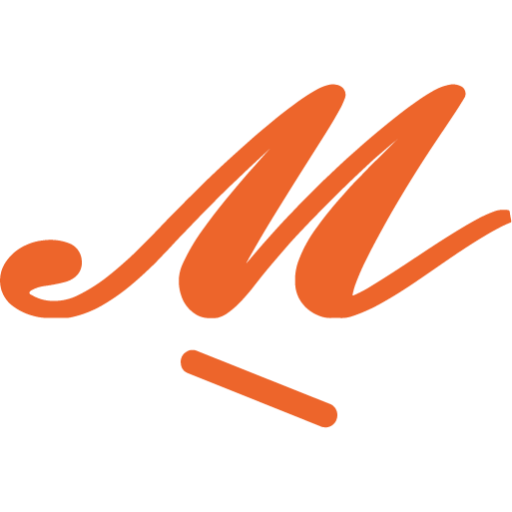
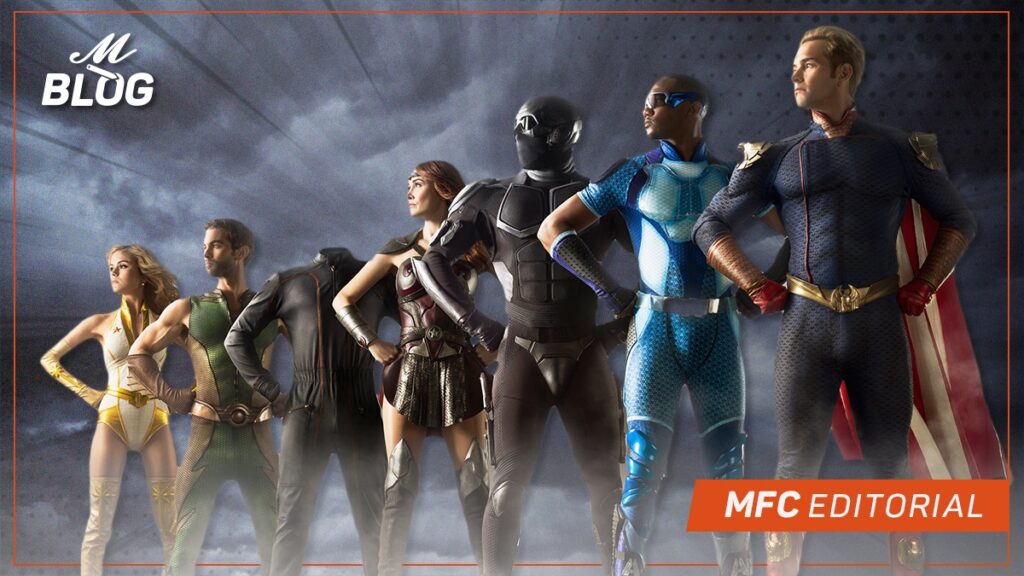
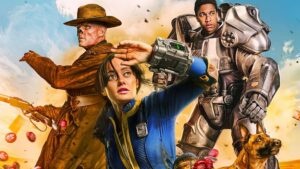
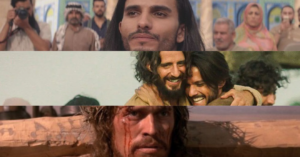
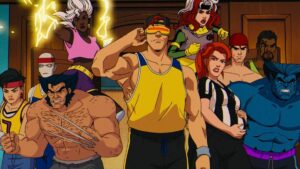
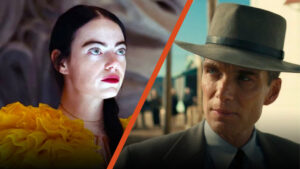
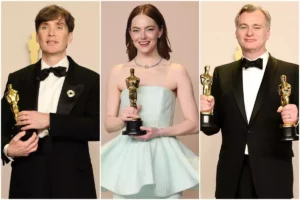
0 Comments